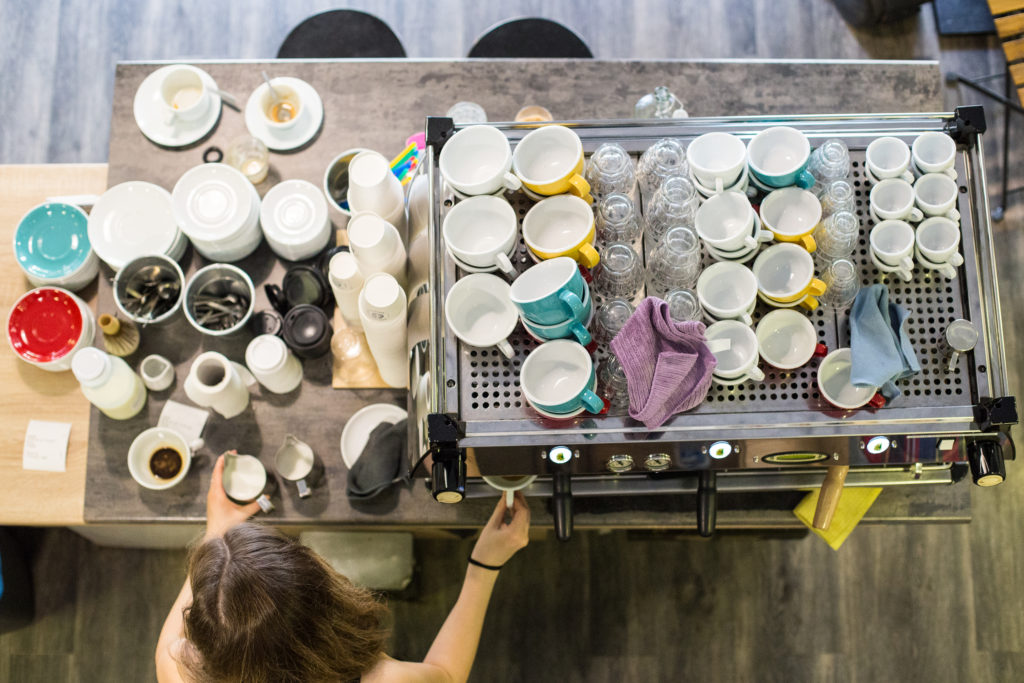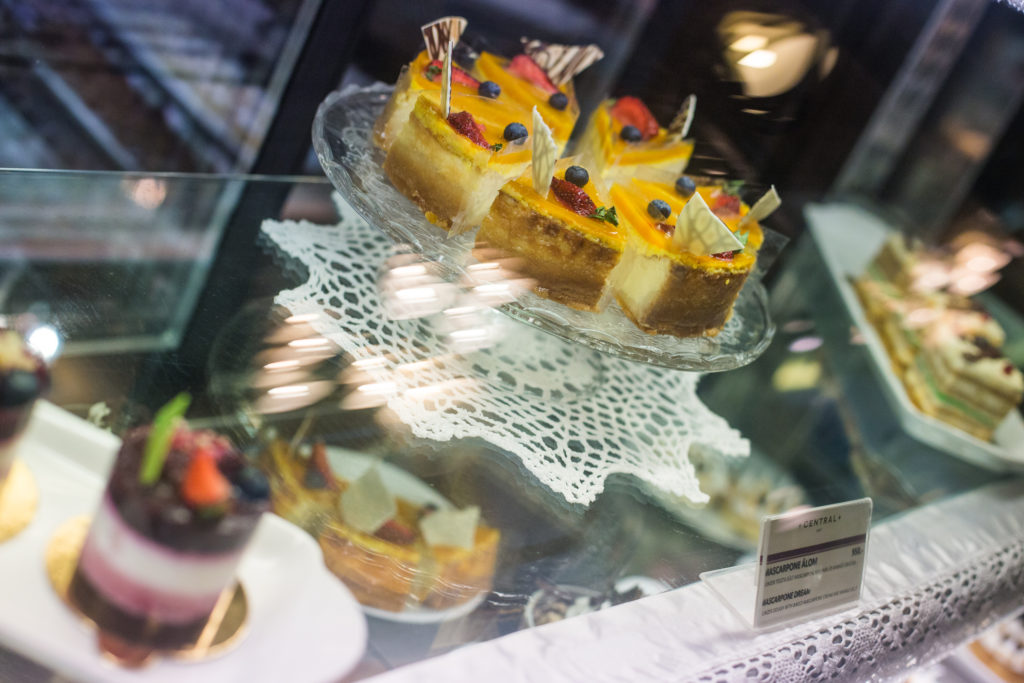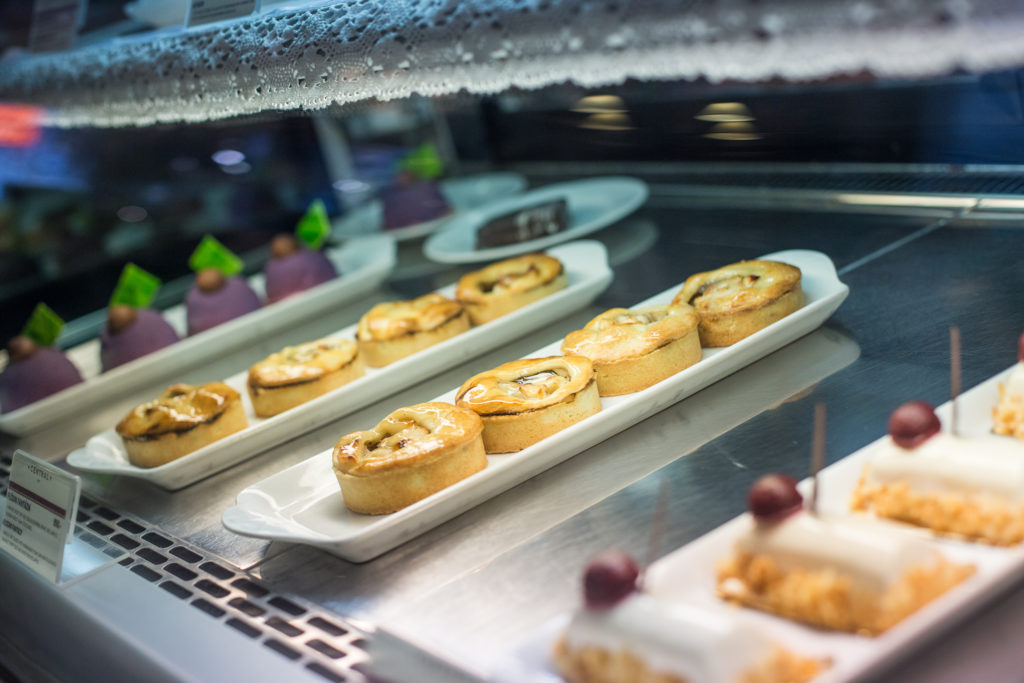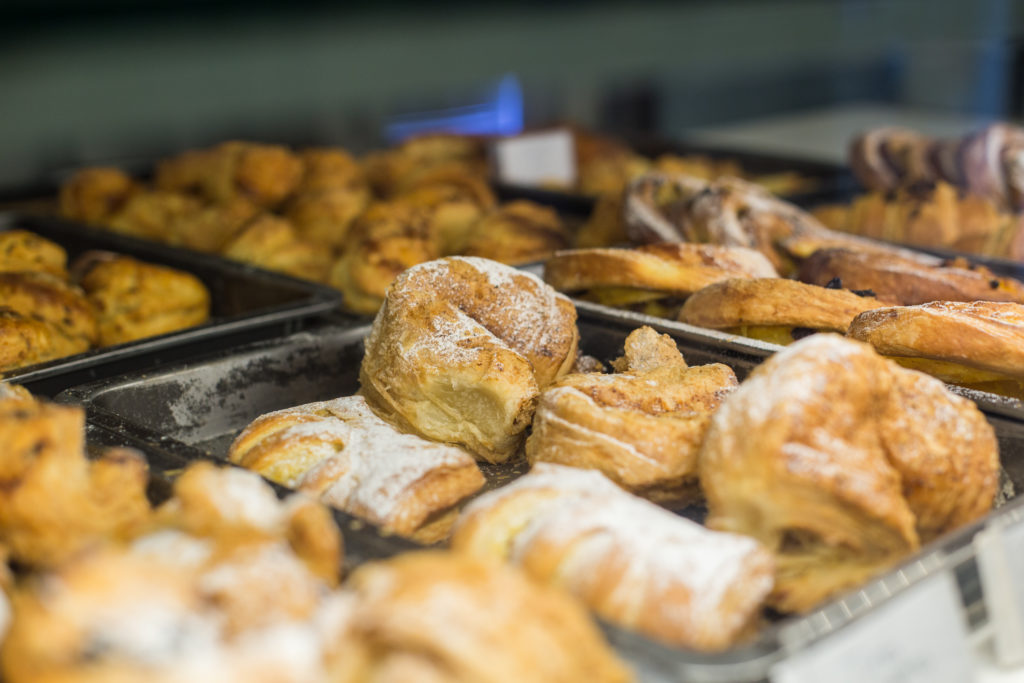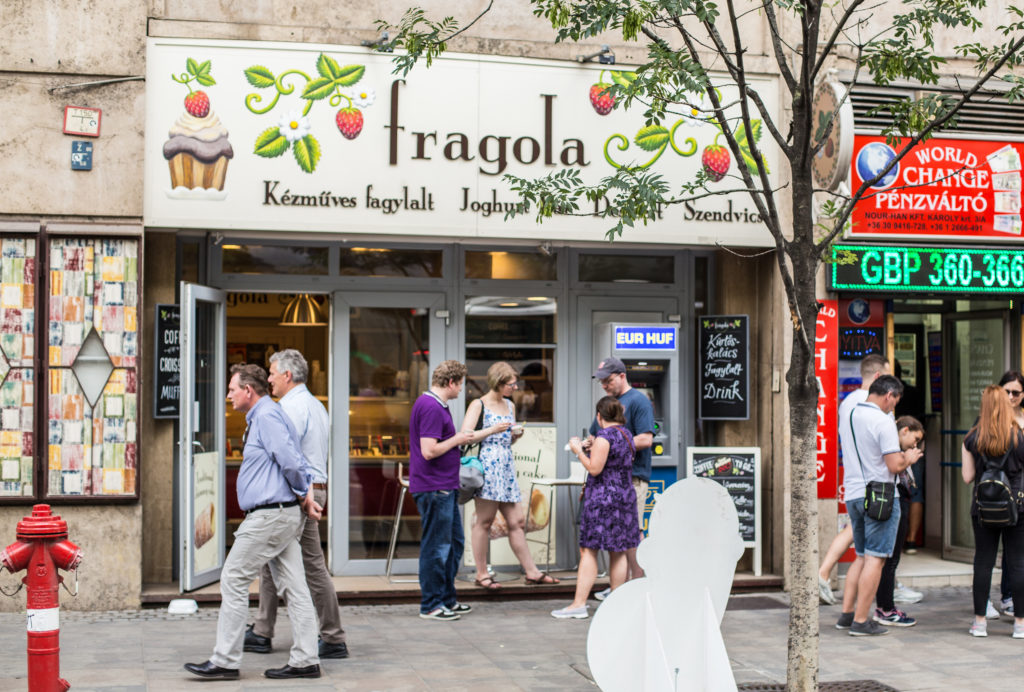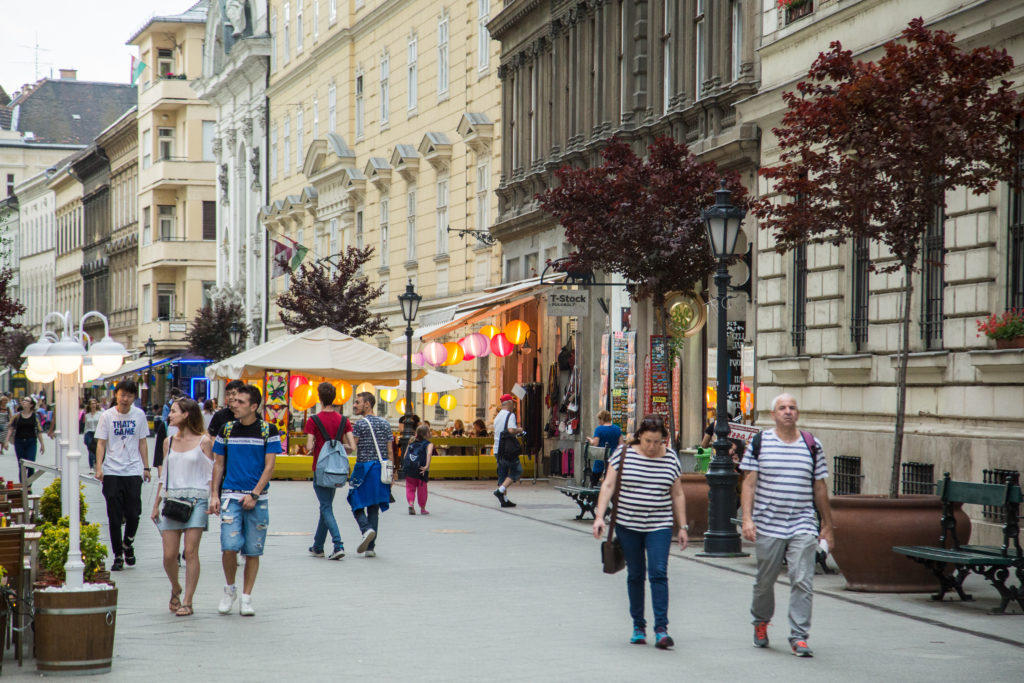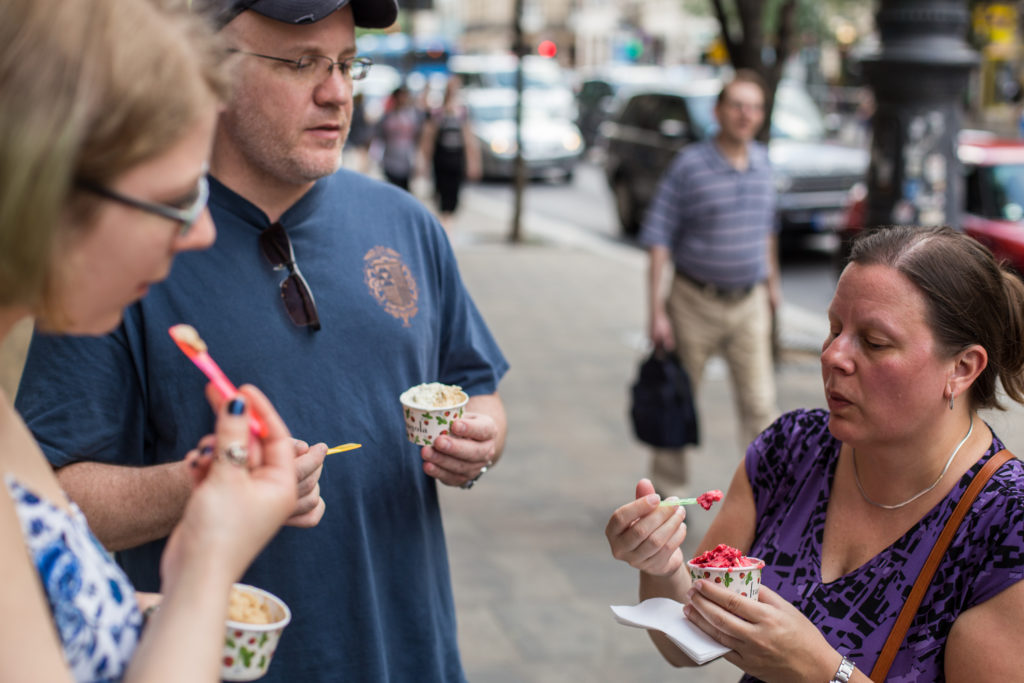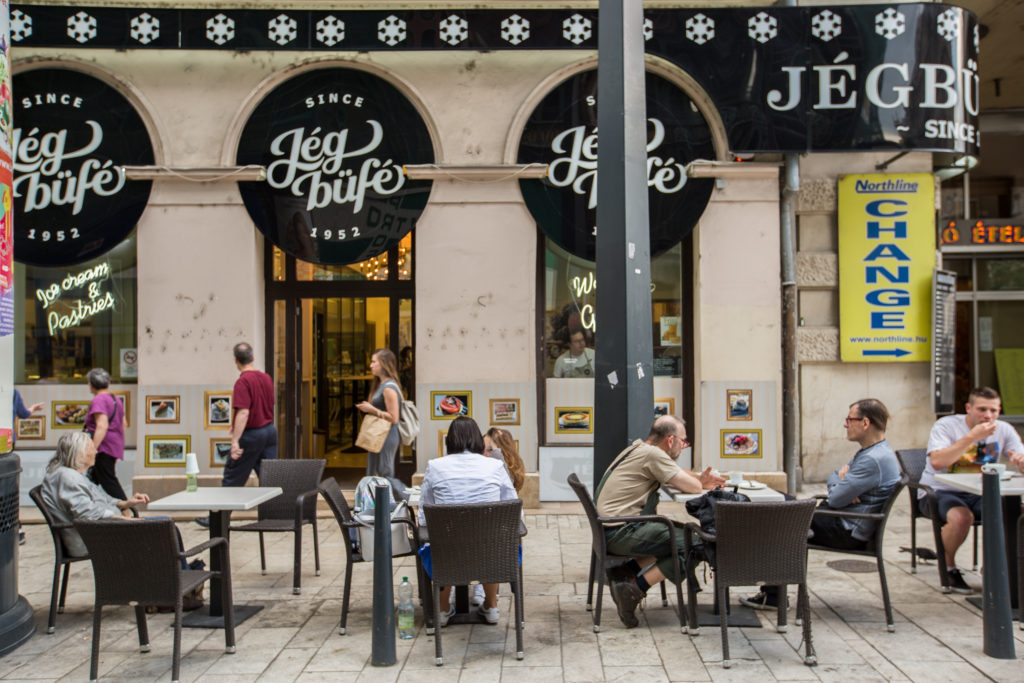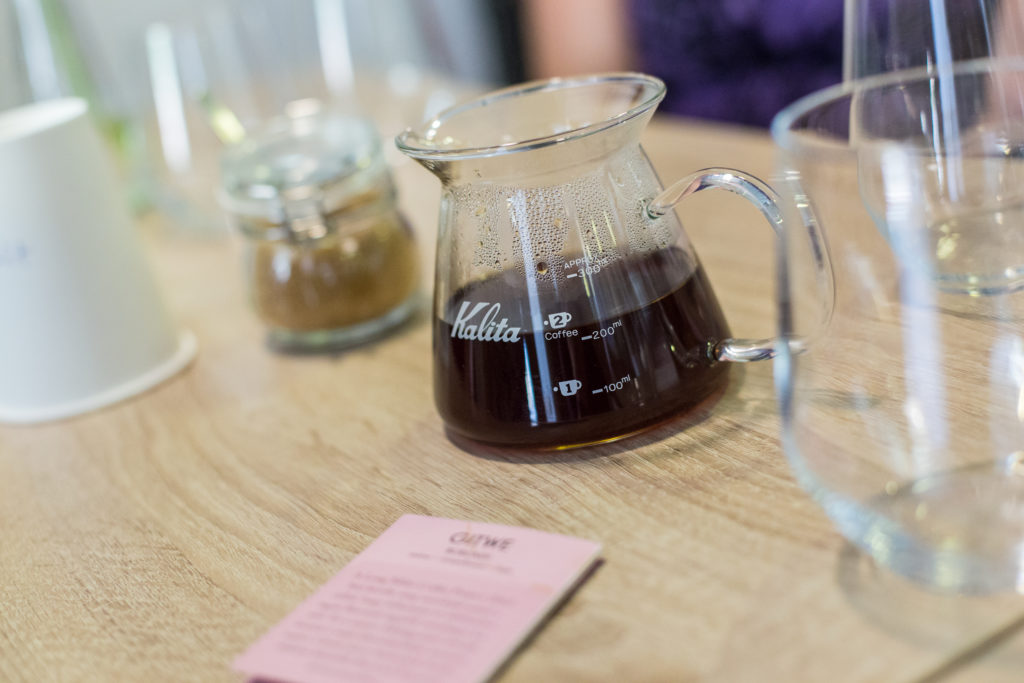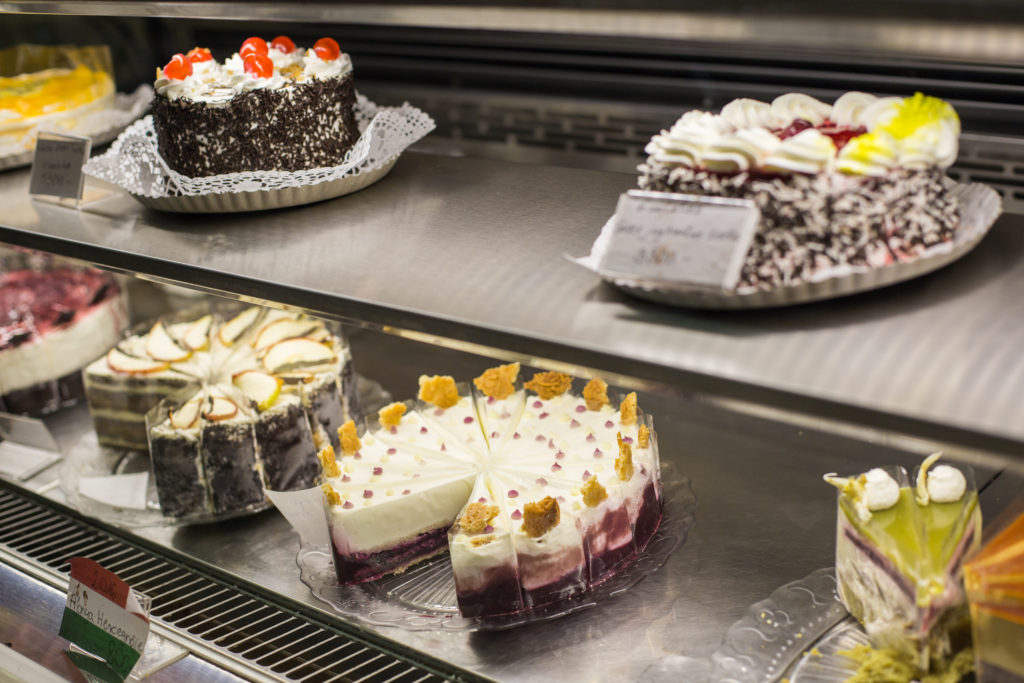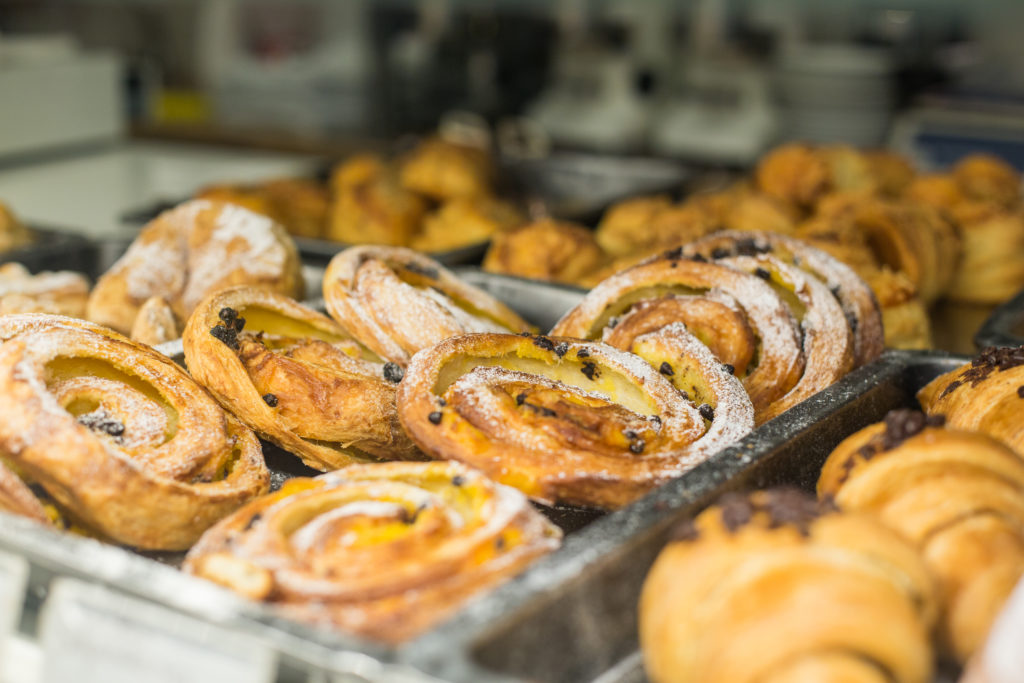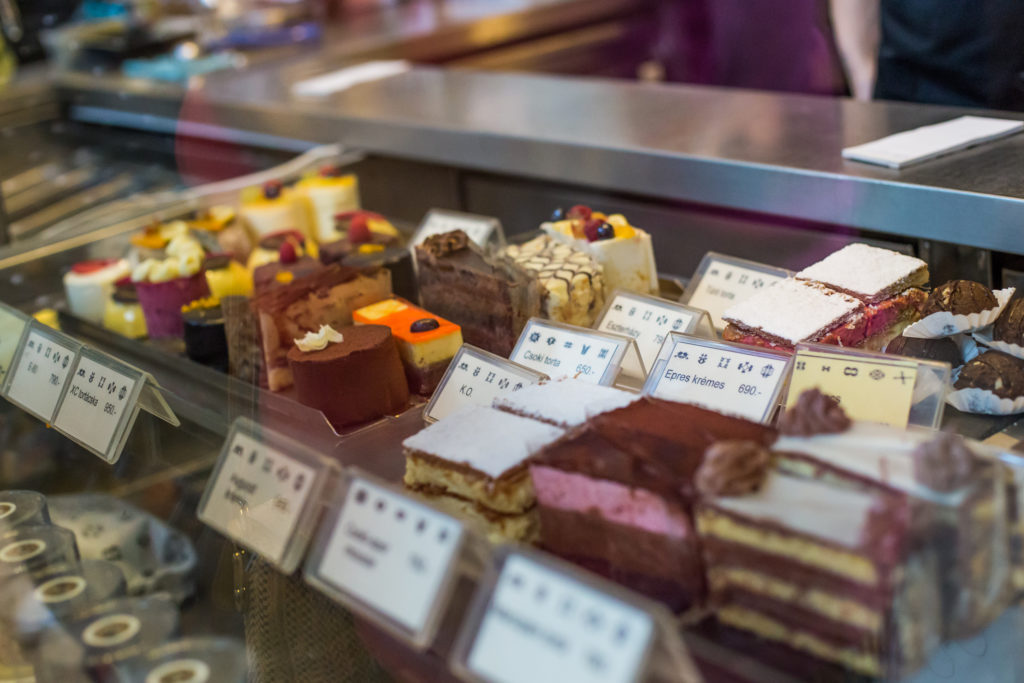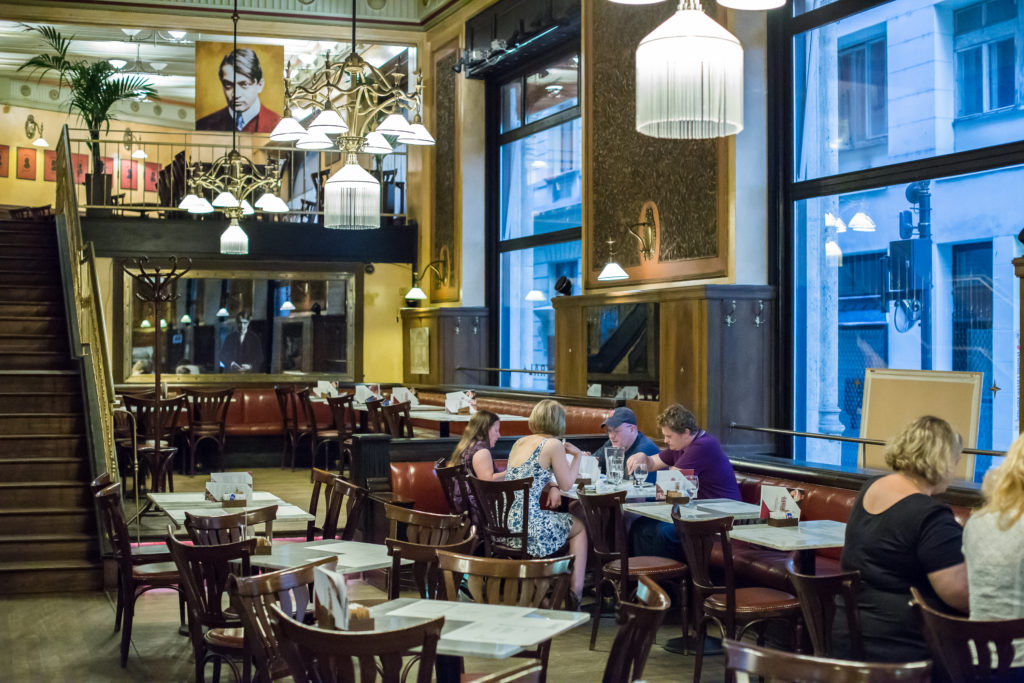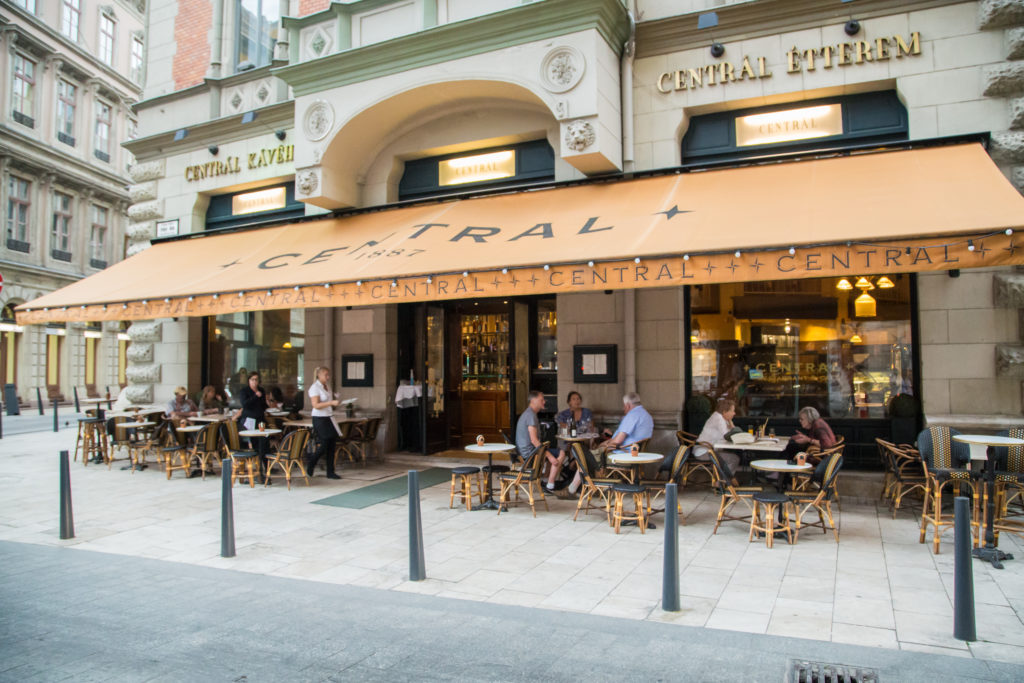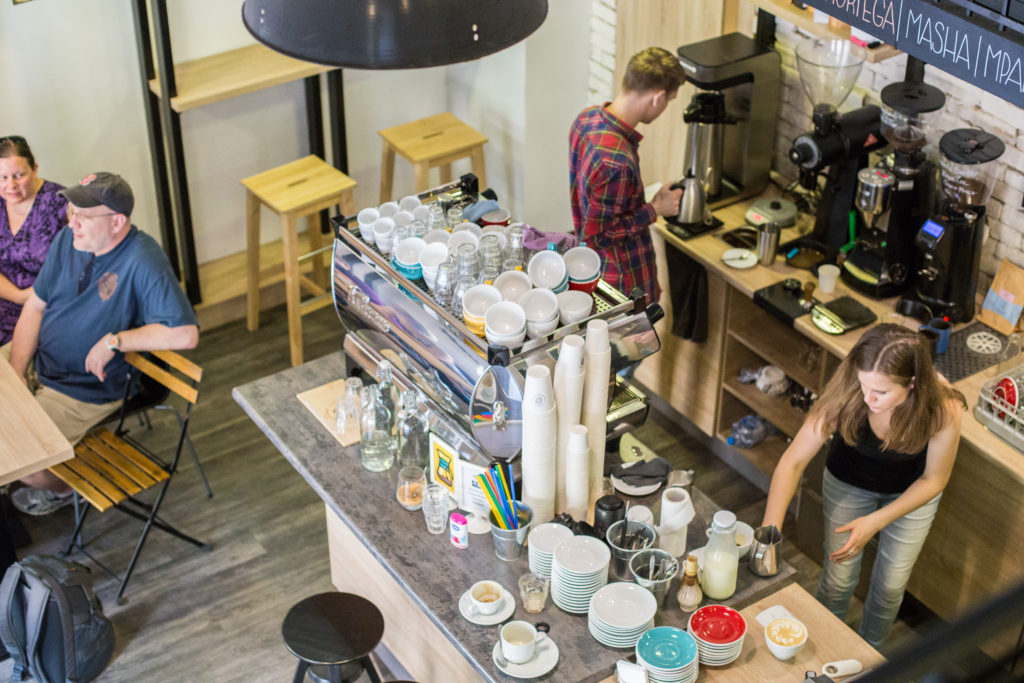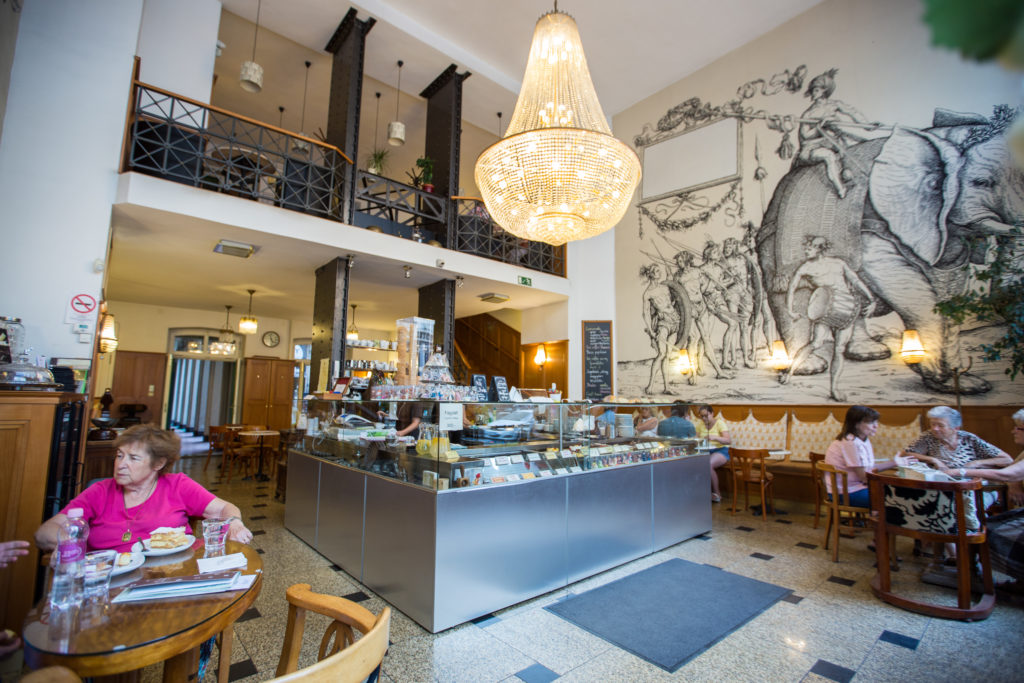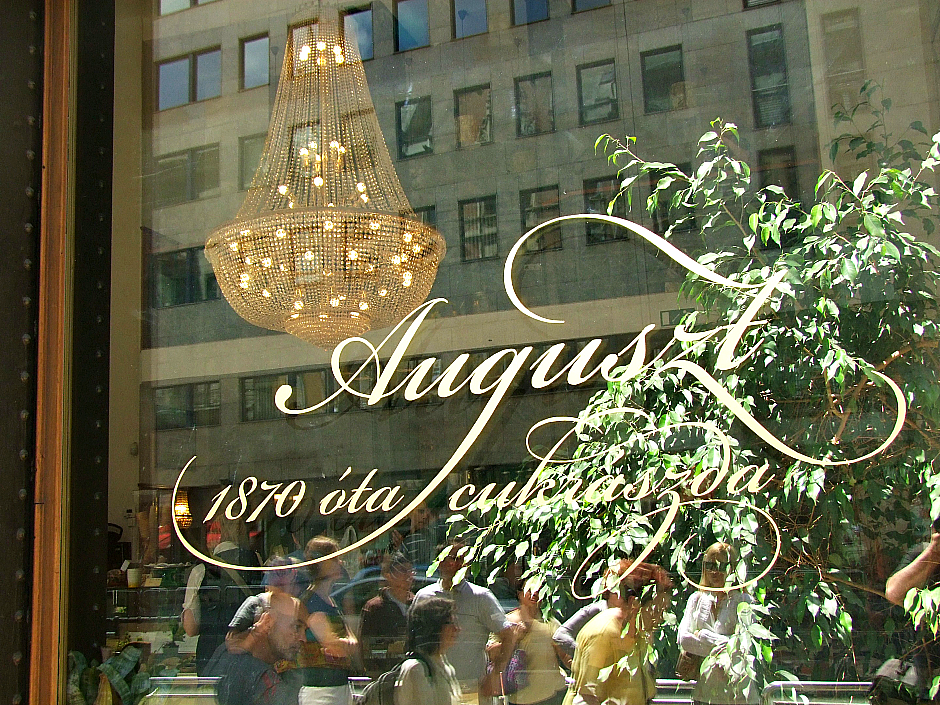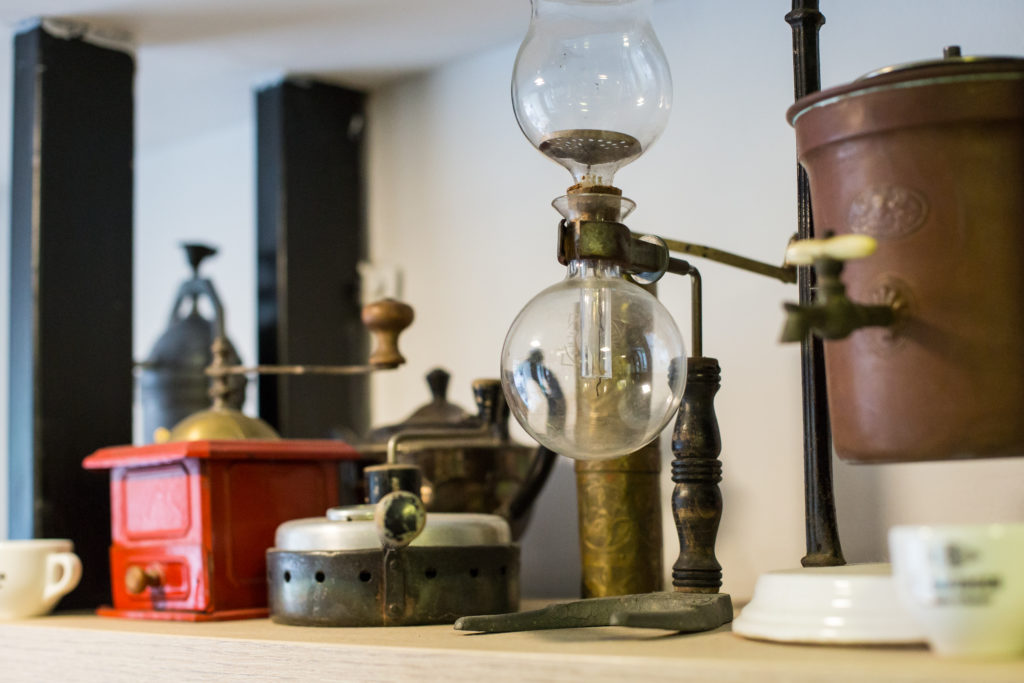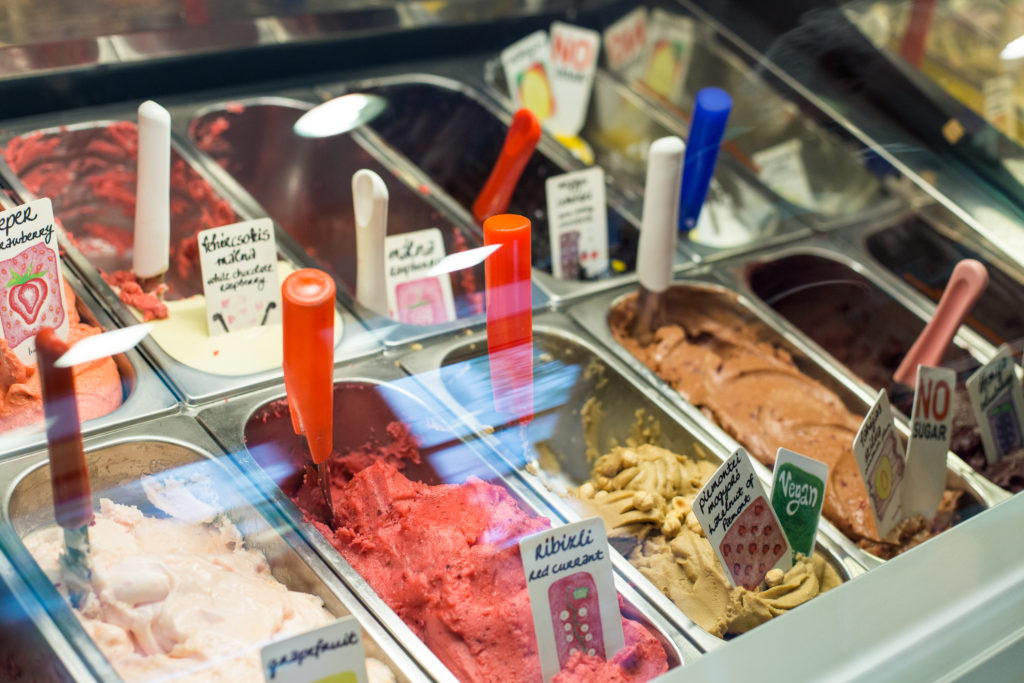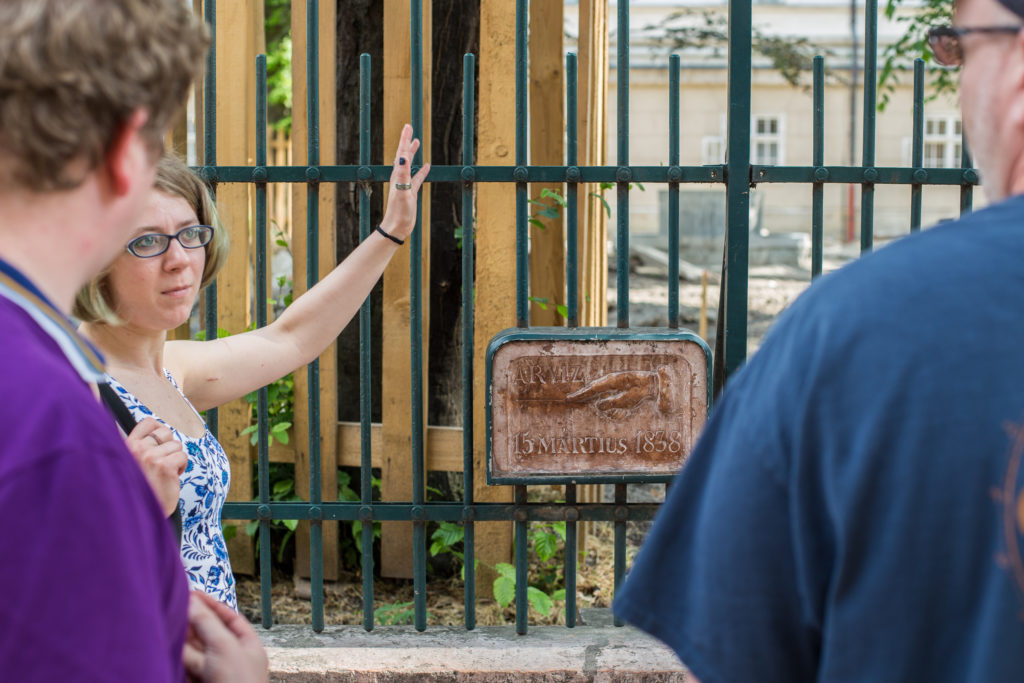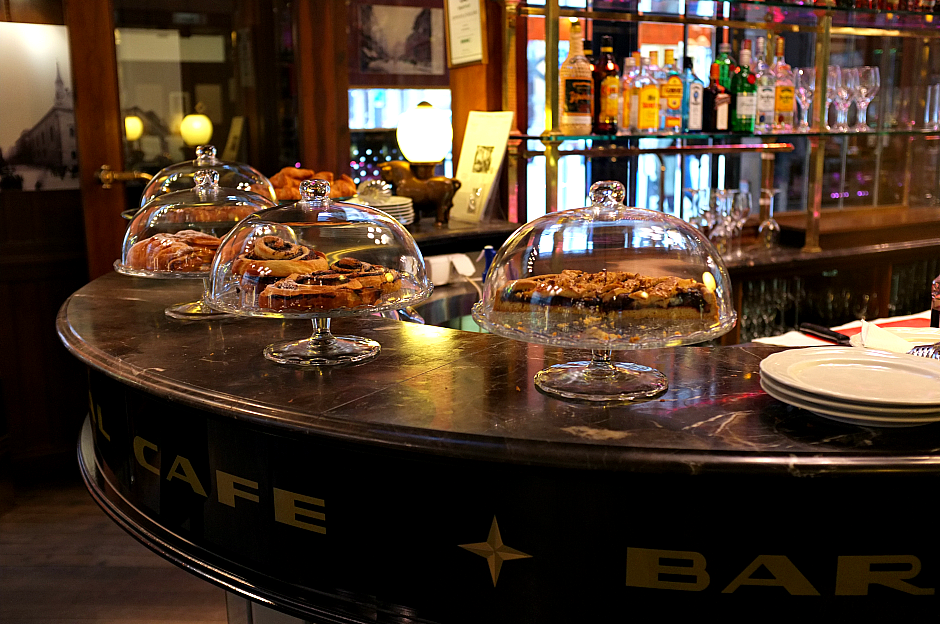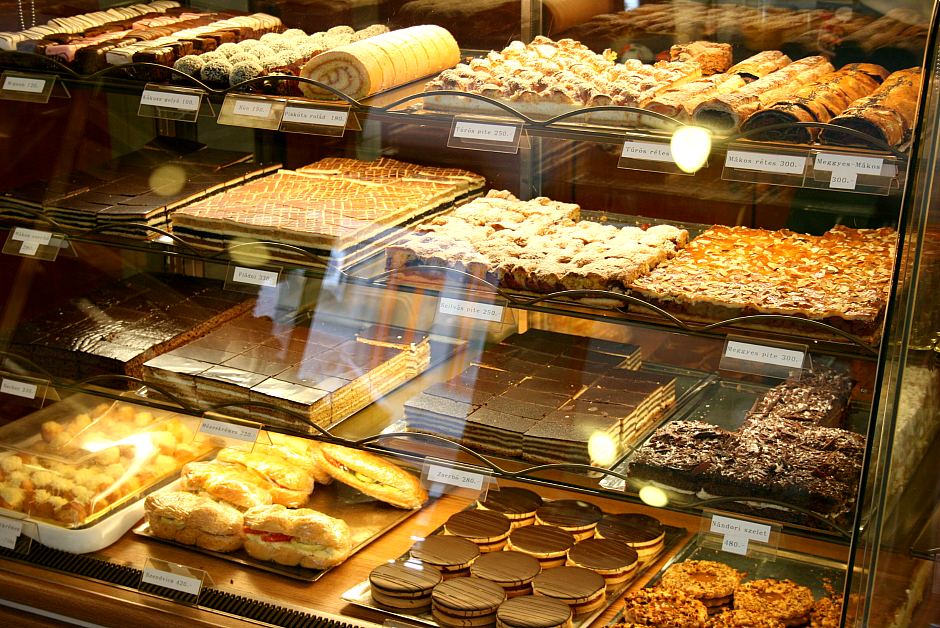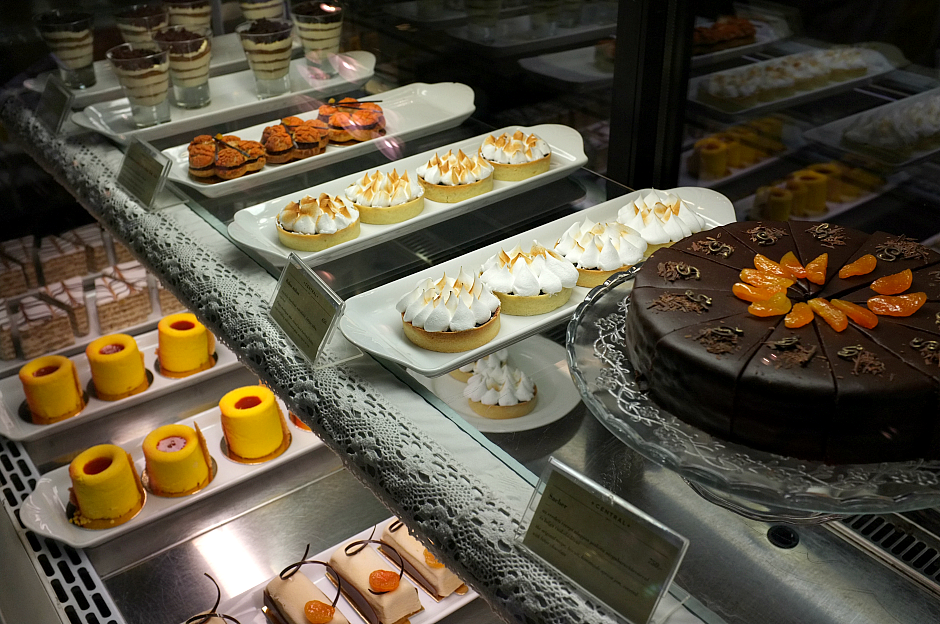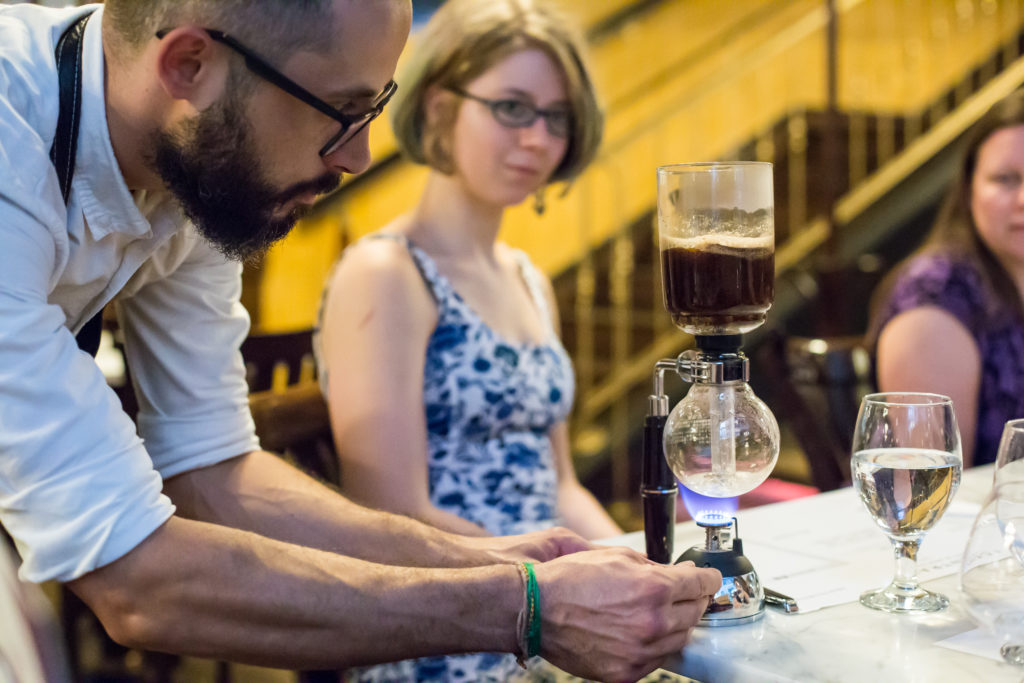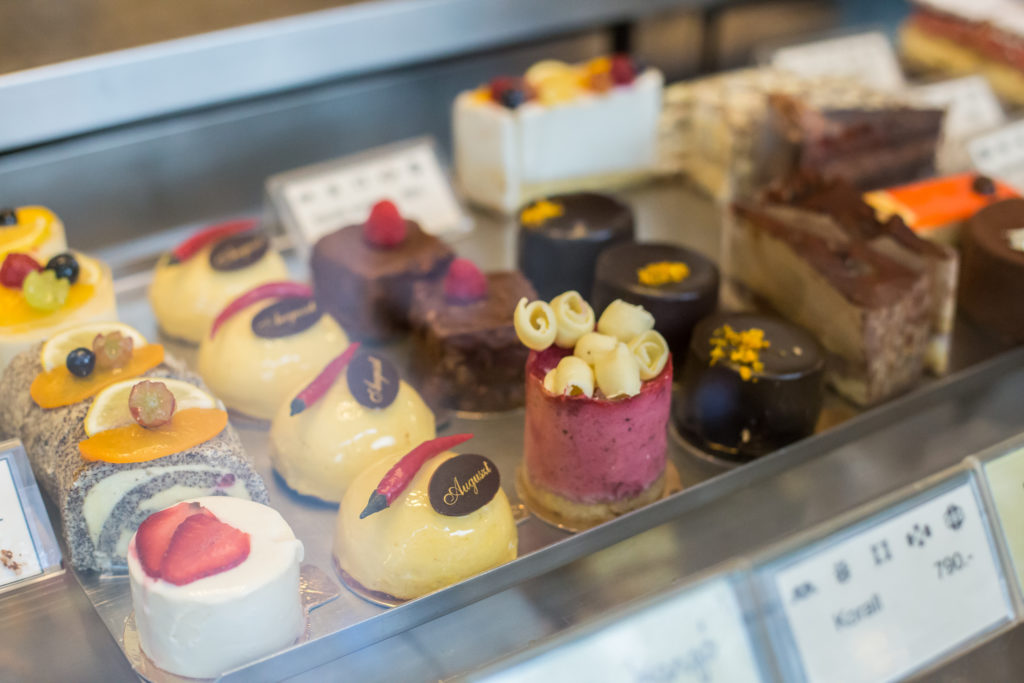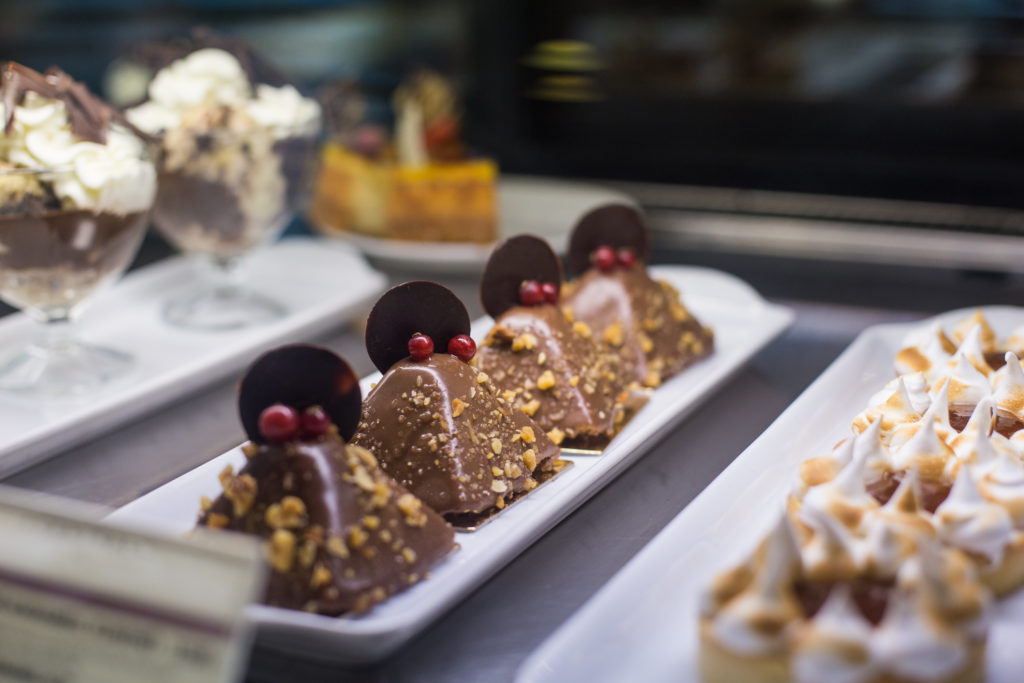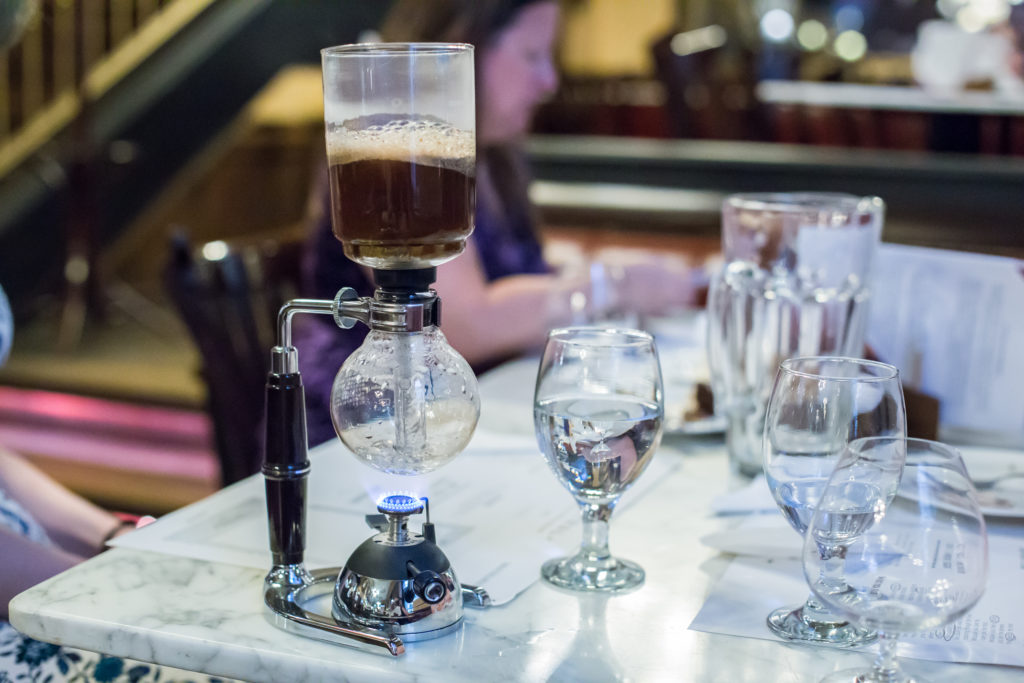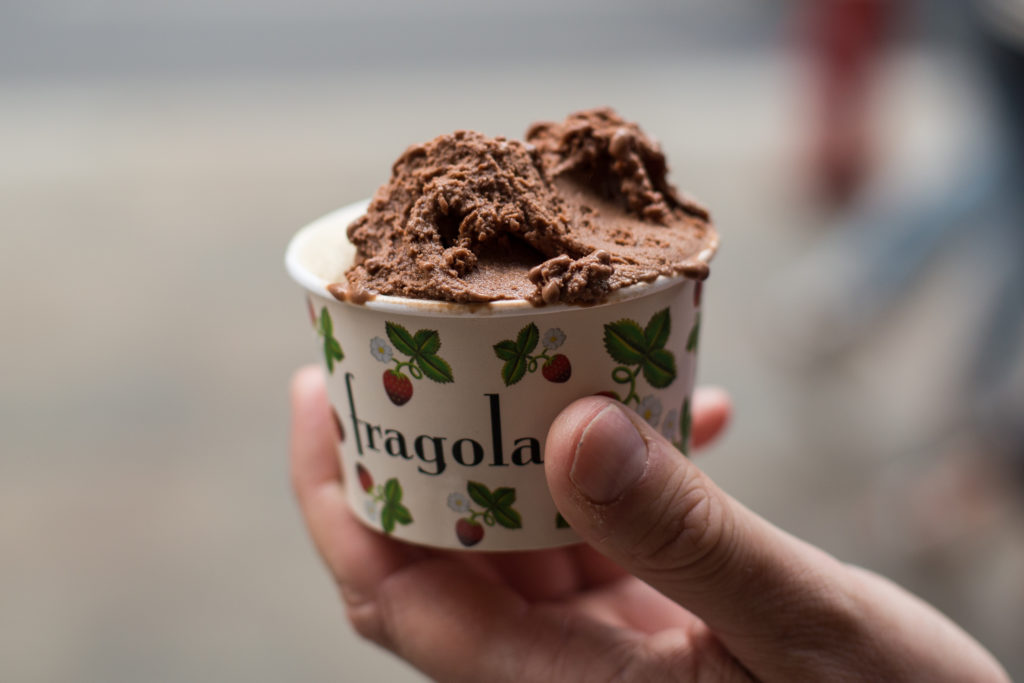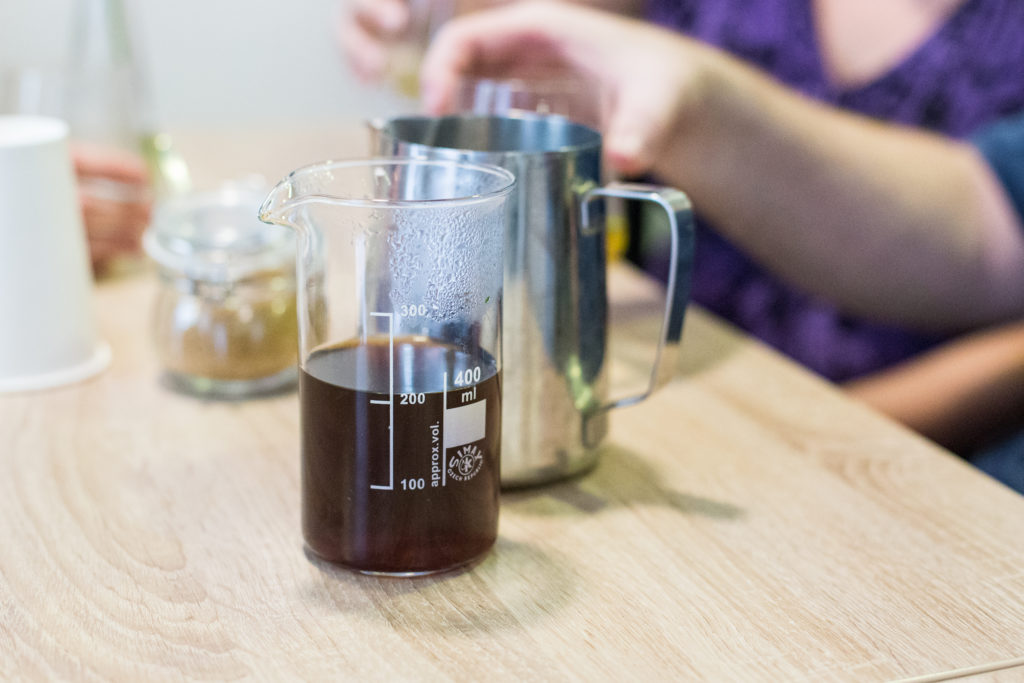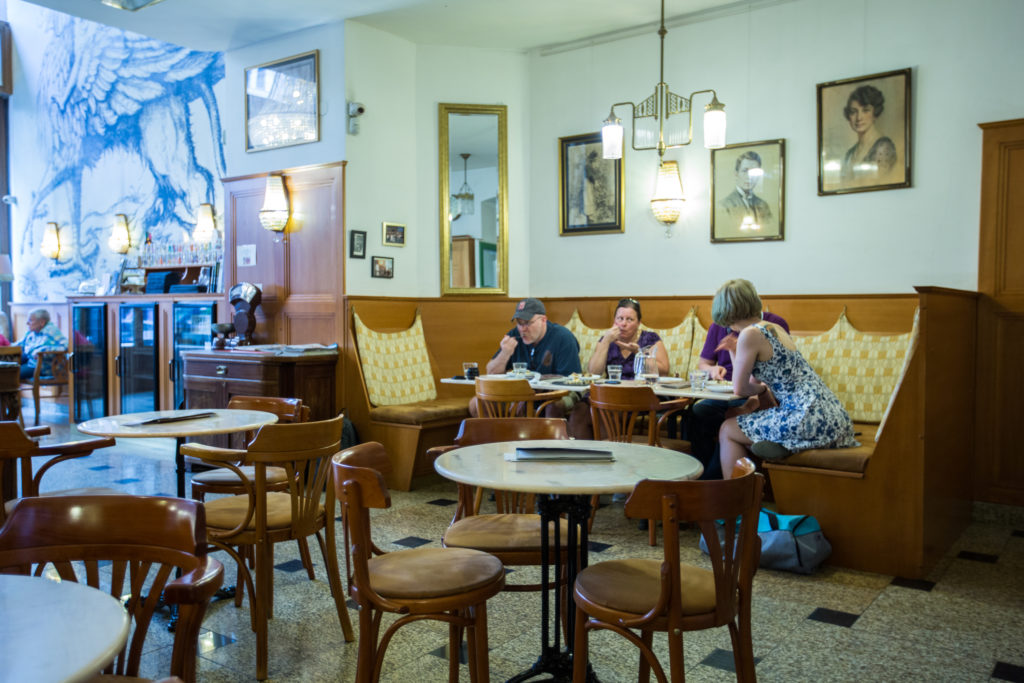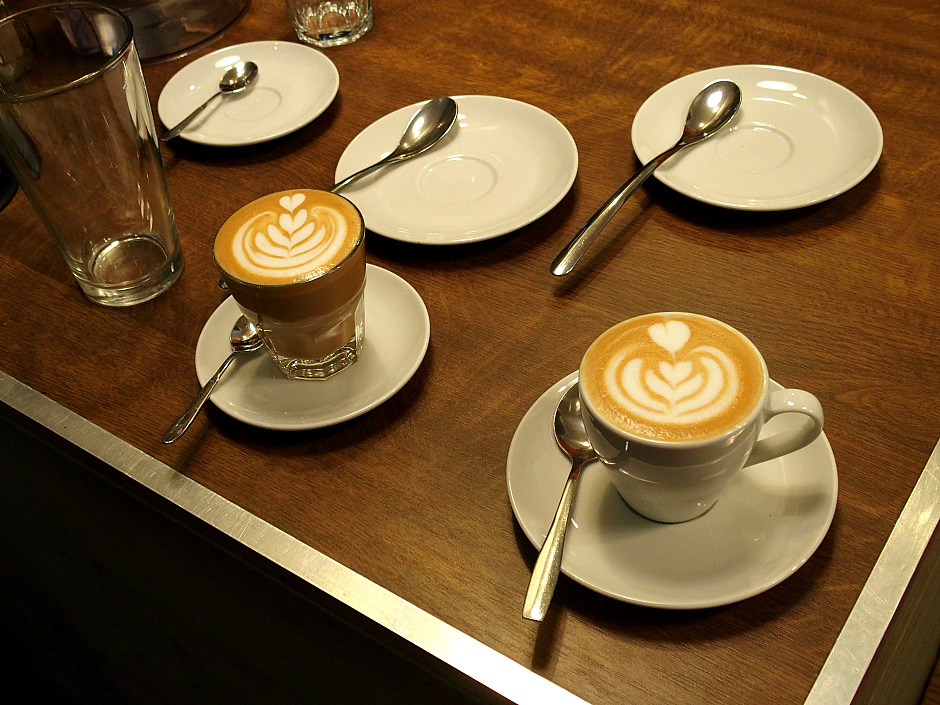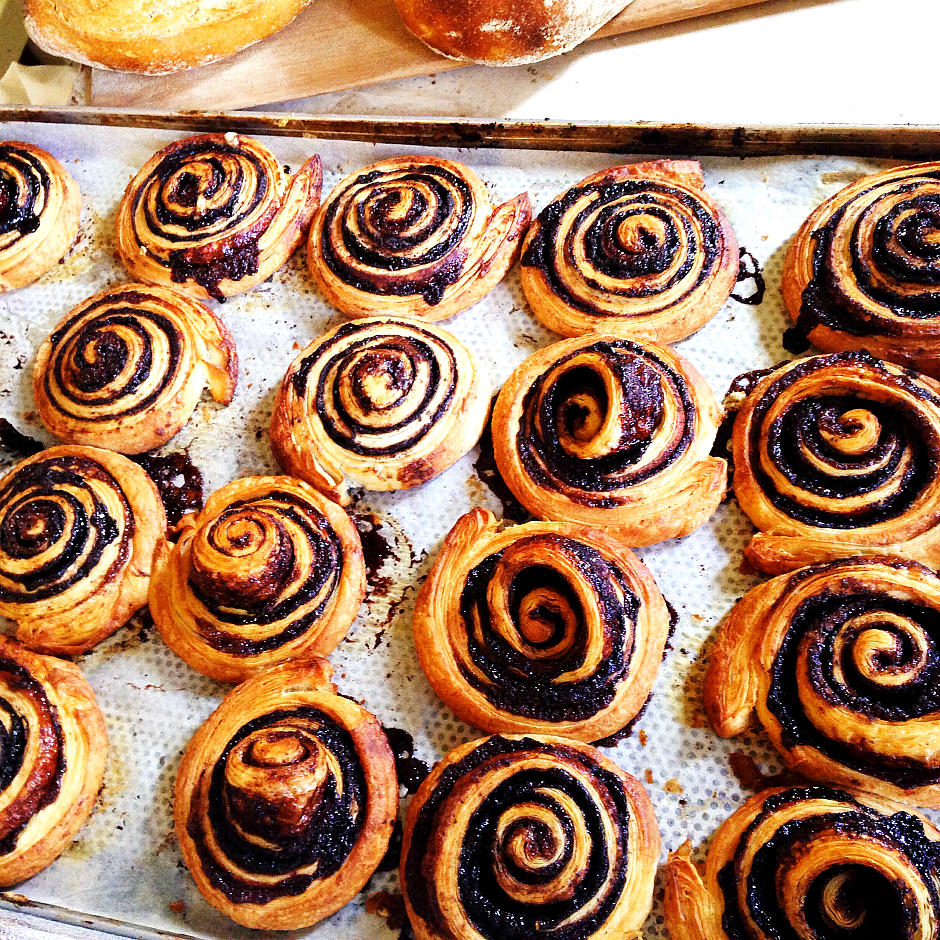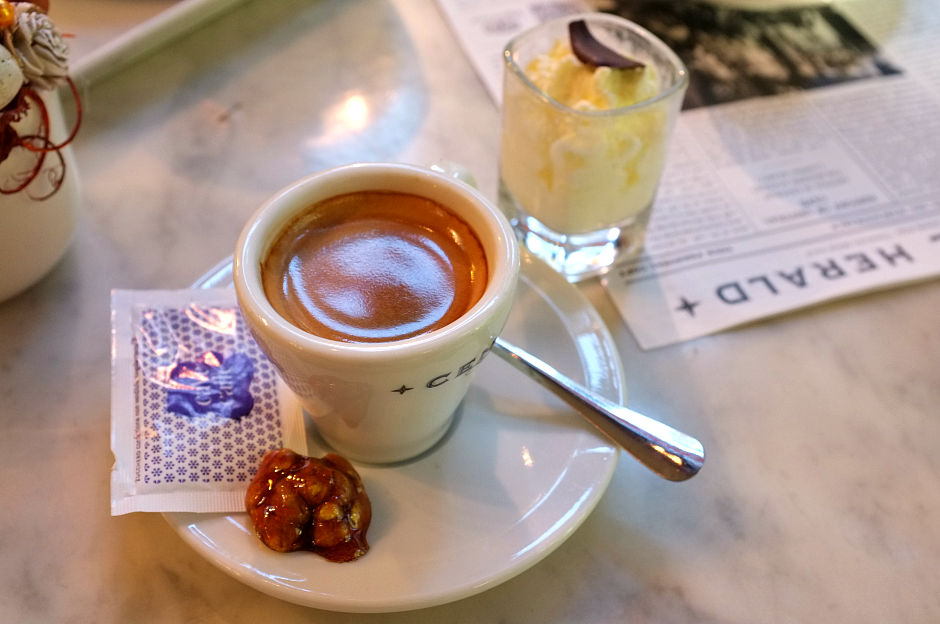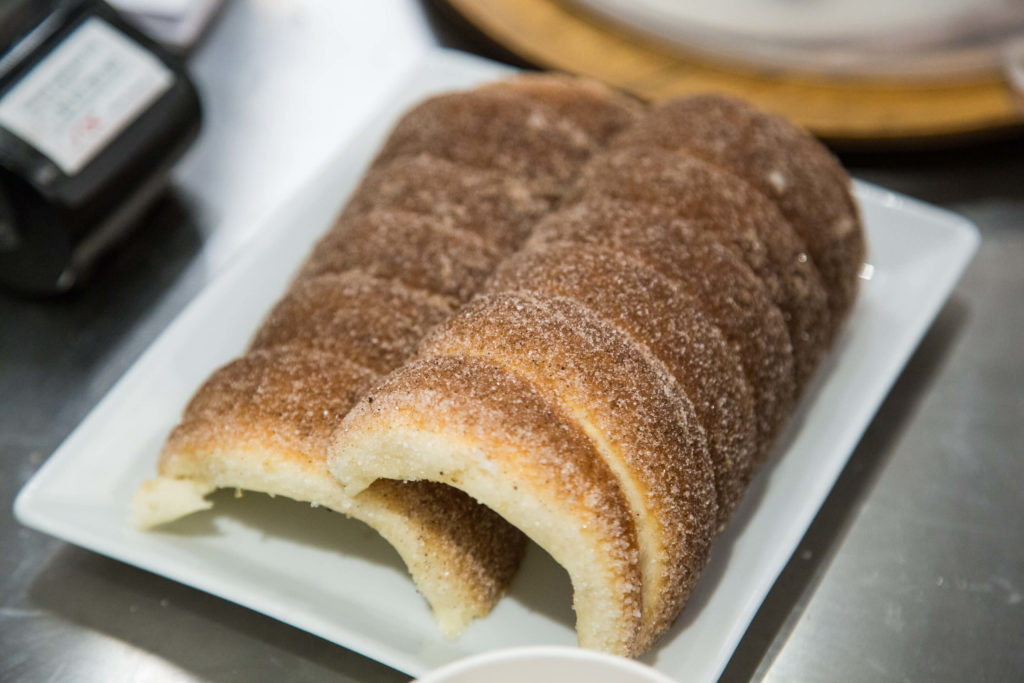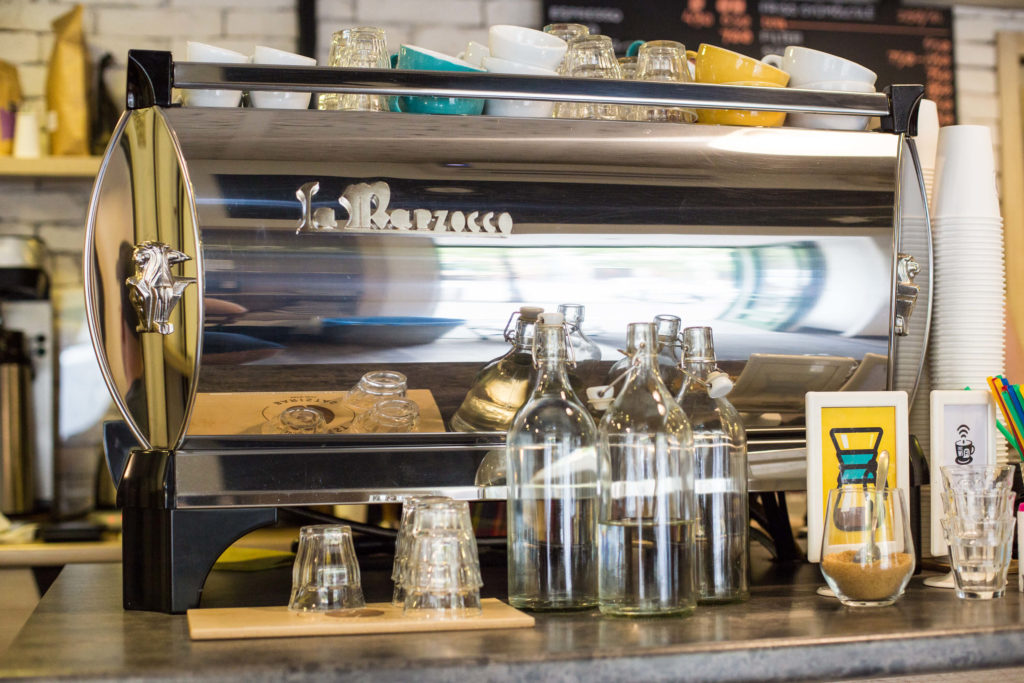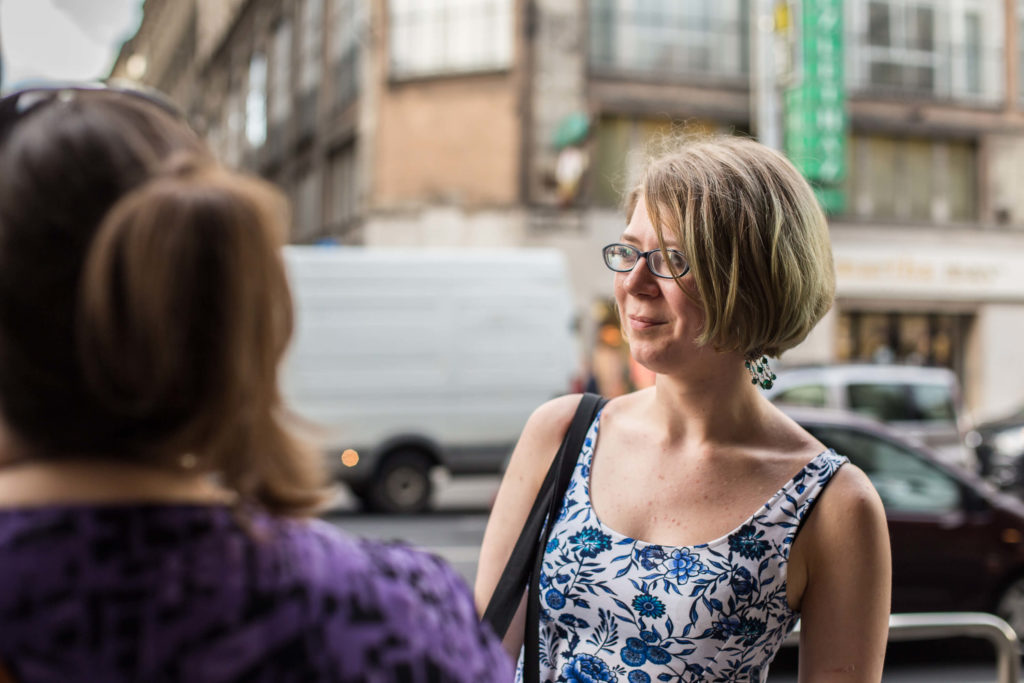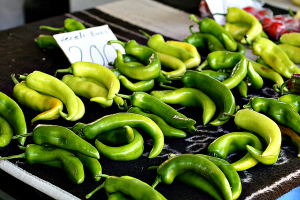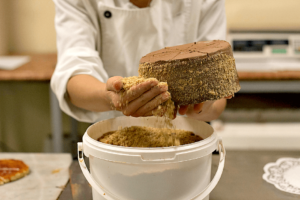Sweet & Coffeehouse Walk
Budapest has one of Europe’s great baking traditions, plenty of unique sweets, and opulent coffeehouses that are deeply intertwined with Hungarian history. Learn (and taste) the stories.
Highlights
Tasting Notes
-
A glass of Tokaji aszú (Hungary’s world-famous sweet wine)
-
Lots of coffee (including a syphon coffee)
-
Chimney cake (kürtöskalács)
-
Dobos torta
-
Pogácsa (savoury scones)
-
At least 4 other desserts (vary according to season and availability)
Also Included
-
Our Budapest Food & Wine Guide
-
10% discount on purchases at The Tasting Table
Tour details
-
Duration: 3 hours
-
Departs: 3pm daily
Photo Gallery
Experience The Unique Charms of Coffee and Cake in Budapest
Hungary is a nation of sweet-lovers, and cukrászdas (bakeries) abound in Budapest. Hungary is celebrated for its elaborate layer cakes, like the caramel-topped Dobos torta, which are not only delicious, but hold fascinating stories. We’ll discuss the people and stories behind Hungary’s famous sweets and cafés, as well as the techniques and unique flavors found in the Hungarian pastry kitchen.
We’ll start off with a glass of Tokaji aszú, Hungary’s legendary sweet wine. Hungarian food has been heavily influenced by other cultures over the centuries. You’ll see (and taste) examples of how Hungarian desserts are continuing to evolve, while valuing old traditions. In addition to fancy cakes, there are countless types of pancakes and strudel; Jewish-Hungarian sweets; fabulous creations made from marzipan; colorfully-decorated honey cakes; and chocolatiers producing fine chocolates in some very Hungarian flavors.
And what goes better with sweets than coffee? Budapest’s cafés represent a cultural history of the city itself. At the beginning of the 20th century, Budapest’s “Café Society” was in full swing. The city was home to more than 600 opulent coffeehouses, which were second-homes to writers and artists.
Cafés were hubs of Hungarian literary, artistic, and political life, and are deeply intertwined with Hungary’s history. Though most were shut down during Communism, a few remain. We’ll visit elegant cafés where influential literary reviews were edited and where some of Hungary’s greatest contemporary writers labored. We will see a Communist-era ‘presszó-style café’ (more of a social club than a traditional café), as well as a third-wave café for a taste of Budapest’s current passion for third-wave coffee.
This walk winds through several neighborhoods in central Pest, and introduces you to some of the city’s greatest (and grandest) cafés and pastry shops. By the end of this tour you will have tasted some of the best cakes (and coffee) in town.
